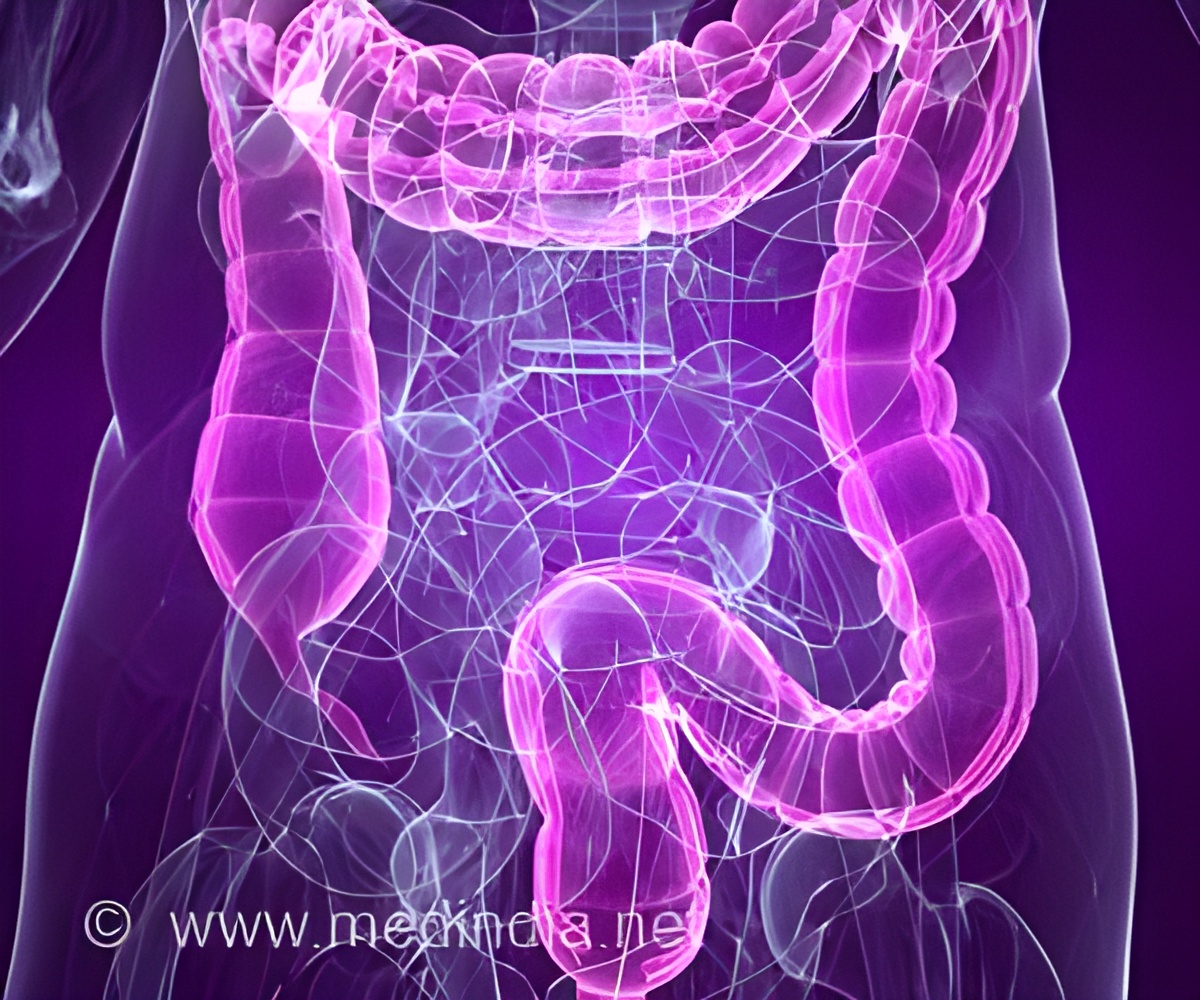New method that instructs immune system cells to help repair damaged tissues in the intestine can hold potential in treating inflammatory bowel disease.

‘Migration of macrophages to the damaged tissue in IBD is essential to stimulate its recovery.’
Read More..




Nearly 3.9 million women and 3.0 million men are living with IBD worldwide, and the number of cases is rising.Read More..
Since the origin of IBD is unknown, treatments often focus on reducing the immune response in order to limit inflammation and the resulting symptoms. But this also hinders those parts of the immune system involved in repairing the damaged intestine.
For example, the white blood cells known as macrophages (literally 'big eaters' in Greek) play a variety of roles in both inflammation and tissue repair. They consume foreign bodies, clear up debris from damaged cells, and release substances that direct other steps in the inflammatory or repair processes.
"Our idea is that the migration of macrophages to the damaged tissue in IBD is essential to stimulate its recovery," explains Professor Gianluca Matteoli, an immunologist at the Translational Research Center for Gastrointestinal Disorders (TARGID) KU Leuven and lead author of the research, published this week in the journal Gut. His team, and that of Professor Seung Hyeok Seok from Seoul National University, set out to test this theory.
When the researchers looked at macrophages in the intestines of a handful of people with IBD, a sub-group of cells able to respond to prostaglandin E2 (PGE2) stood out. Prostaglandins are messenger molecules in the immune system, associated with tissue regeneration.
Advertisement
To investigate further, the researchers turned to a mouse model for ulcerative colitis, one of the main forms of IBD. The number of macrophages sensitive to the prostaglandin was lower in the model than in healthy mice, but if PGE2 levels were increased, the few sensitive macrophages present responded, releasing a substance that in turn stimulated tissue regeneration.
Advertisement
"We already knew that prostaglandins were important for inducing proliferation of tissue cells, but this study shows that they are also important for controlling the inflammatory effect, so moving the body from the acute stage where inflammation dominates to the reparative stage," Professor Matteoli says.
The prospects for new treatments lie in liposomes used to jump-start the macrophages into stimulating tissue repair. The technique is well-established as an experimental tool, but applications like this are rare.
"This is one of the first times it has been used to produce a beneficial, therapeutic effect," says Professor Seok. However, a lot of work will be needed before it can be used in patients.
The next step is to look in detail at human macrophages at different stages of IBD. "We want to identify other factors that trip the switch that turns macrophages from inflammatory cells to non-inflammatory cells," says Professor Matteoli.
"Then, using the liposome technology that Professor Seok has developed, these could be used to target the macrophages and so produce very precise drugs."
Source-Eurekalert








